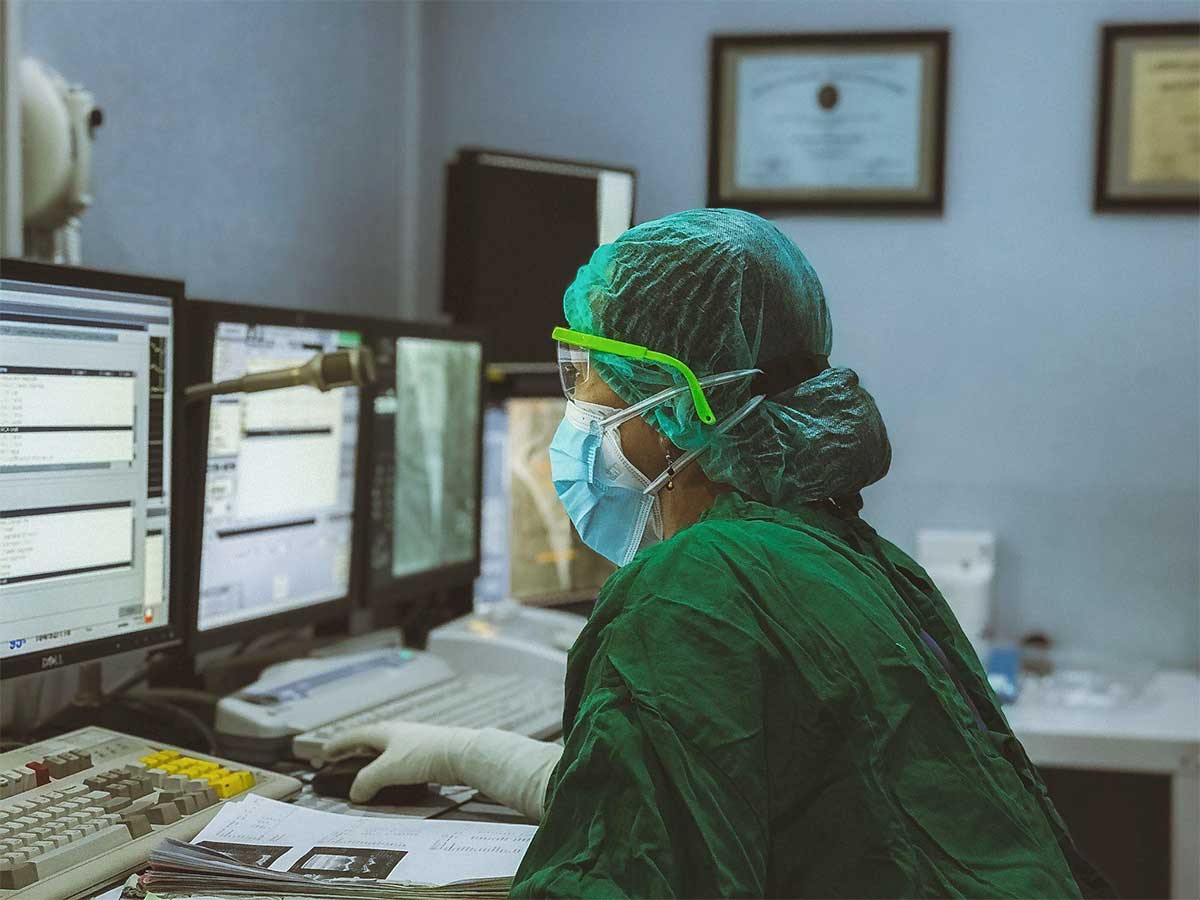When patients suffer harm as a result of an interaction with a healthcare provider, most of those patients want to know if they have a valid medical malpractice claim and what steps must be taken in order to file a medical malpractice lawsuit. In exploring different types of patient harms, you may come across a variety of terms used to describe those harms. According to a report from the Patient Safety Network, through the Agency for Healthcare Research and Quality (AHRQ), the terms that are most commonly used include adverse events, medical errors, and near misses. What is the difference among these terms, and do those differences affect a patient’s ability to file a medical malpractice claim? Our New Mexico medical malpractice lawyers can help.
Adverse Events
According to the Patient Safety Network, an adverse event can be defined in a variety of ways, but the Harvard Medical Practice Study and Institute for Healthcare Improvement use similar definitions that focus on “unintended physical injury resulting from or contributed to by medical care.” Yet as the Patient Safety Network underscores, “adverse events may be preventable or non-preventable.” With preventable adverse events, the harm does typically result from medical “care that fell below the standard expected of physicians in their community.”
Yet adverse events may not be preventable in some cases where a patient suffers harm resulting from unavoidable risks in a medical procedure, or due to unforeseeable events. In other words, adverse events can occur even when a patient receives proper care from a healthcare provider. Sometimes adverse events are also described as “ameliorative adverse events,” meaning that they “are not preventable, but the severity of the injury could have been substantially reduced if different actions or procedures had been performed or followed.” In those instances, a healthcare provider may still be liable for harm.
Near Misses
Near misses are often defined to include “any event that could have had adverse consequences but did not and was indistinguishable from fully fledged adverse events in all but outcome.”
Medical Errors
The term medical error, or medical mistake, is typically used to refer to a negligent act or omission by a healthcare provider that may or may not result in a preventable adverse event. While a medical error always results from negligence, these mistakes may not always cause patient harm. Medical mistakes that do not result in an adverse event may be described as near misses.
You might also come across another term: the “never event.” This term is used to refer to adverse events that result from medical negligence, or medical mistakes, that should never happen because they are so serious. Common examples of never events include wrong-site surgeries and surgical procedures in which a foreign object is left inside a patient’s body.
Contact a Santa Fe Medical Malpractice Lawyer
If you or someone you love were harmed as a result of an interaction with a healthcare provider, you should seek advice from one of our Santa Fe medical malpractice attorneys as soon as you can. Contact Slate Stern Law today to learn more about how we can assist you.
